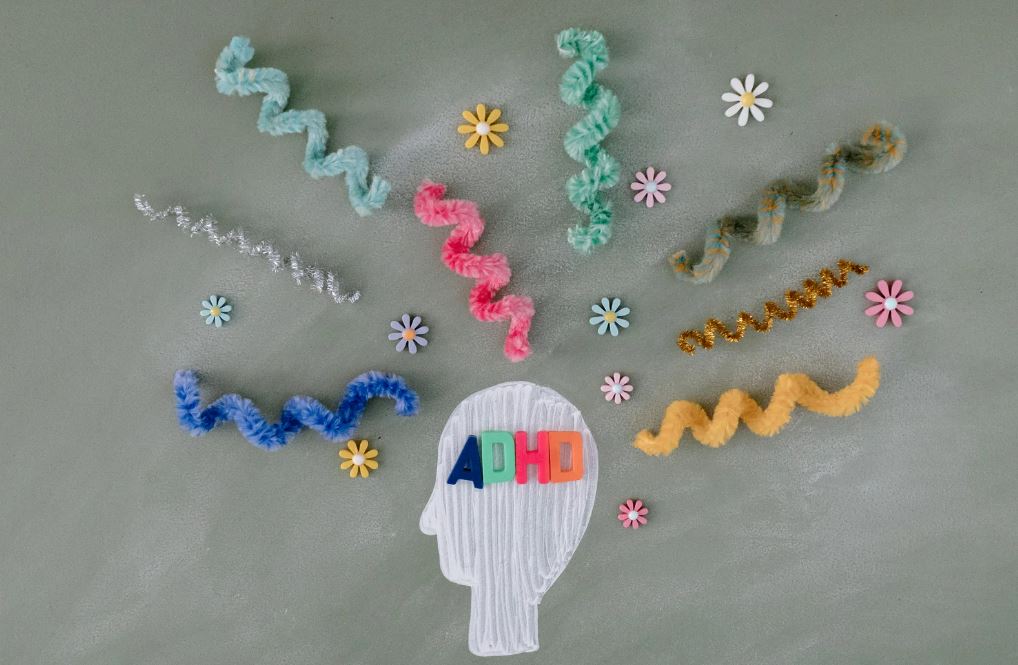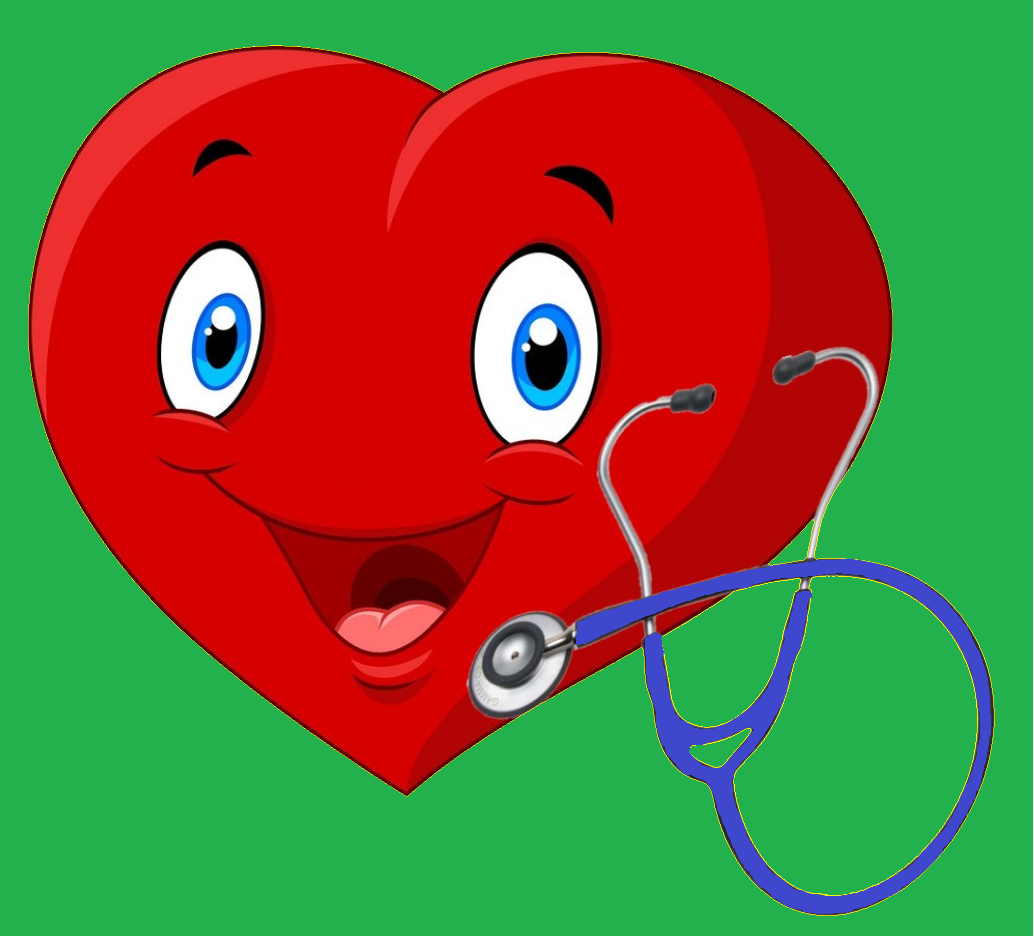
Is your child at a higher risk when taking ADHD medications?
It’s crucial to ensure that your child undergoes a baseline electrocardiogram (ECG) and cardiac screening when starting ADHD medication. Don’t overlook the importance of cardiac monitoring while on the stimulants. Ensure you take the necessary steps to keep your child safe and healthy.
What is ADHD?
ADHD is a neurodevelopmental disorder that affects people of all ages. It is characterized by an ongoing pattern of inattention and/or hyperactivity-impulsivity. It interferes with daily life and normal development. Individuals with ADHD may struggle with maintaining focus, managing tasks, utilizing executive function, and working memory. In other words, their brain may have difficulty initiating an activity, organizing, and completing tasks.
There are three presentations of ADHD:
- Inattentive
- Hyperactive-impulsive
- Combined inattentive & hyperactive-impulsive
How ADHD medications affect the heart
When a child has ADHD, doctors may prescribe medication. However, these medications affect the heart, typically increasing blood pressure and heart rate. Stimulants impact the heart’s electrical conduction, which can be dangerous, especially for patients with unidentified heart conditions, including but not limited to Long QT Syndrome, WPW, hypertrophic cardiomyopathy, and aortic dilation.
Although doctors do not mandate an ECG, they recommend it before initiating the medication and during treatment if there are cardiac concerns. An ECG can pick up conduction abnormalities that history and physical exams can miss.
ADHD medications are contraindicated in patients with prolonged QT interval, as they increase the risk of sudden cardiac death in patients with Long QT Syndrome (LQTS).
Study on ADHD Medication and its Effect on Long QT Syndrome Patients
Researchers conducted a small study with Long QT patients and ADHD medication, which was published in the Cardiovascular Electrophysiology Journal. This study found that patients with LQTS who were on ADHD medications had a 3-fold increased likelihood of experiencing a cardiac event compared to those who were not taking ADHD medication. The risk was increased to over 6-fold in male LQTS patients treated with ADHD medication. The medication increases the patient’s heart rate and blood pressure, lowering the cardiac event threshold. The treatment for Long QT is to reduce the heart rate, so by increasing it, the risk for sudden cardiac death and arrest increases.
Is your child at a higher risk?
If you answer yes to any of the questions below, discuss the adverse cardiovascular risks with your child’s doctor. Peds Happy Hearts provides heart consultations for children before starting ADHD medications and during therapy.
Questionnaire:
Patient History Questions:
| YES | NO | |
| Has your child ever had discomfort, pain, or pressure in his chest during exercise? | ||
| Has your child fainted or passed out AFTER exercise? | ||
| Has your child had dizziness? | ||
| Has your child had extreme fatigue associated with exercise (different from other children)? | ||
| Has your child had an unexplained, noticeable change in exercise tolerance? | ||
| Has your child ever had unusual or extreme shortness of breath during exercise? | ||
| Does your child have palpitations, increased heart rate, or extra or skipped Heartbeats? | ||
| Has a doctor ever ordered a test for your child’s Heart? | ||
| Has your child ever been diagnosed with an unexplained seizure disorder? | ||
| Has your child been diagnosed with rheumatic fever? | ||
| Has your child been diagnosed with Marfan syndrome or connective tissue disorder? | ||
| Does your child have a history of heart murmur other than an innocent or functional murmur or a history of other heart problems? | ||
| Does your child have a history of high blood pressure? | ||
| Does your child have intercurrent viral illness with chest pains or palpitations? | ||
| Are there any family members who had an unexpected, unexplained death before age 50? (include SIDS, car accidents, drowning, and others) |
Family History Questions:
| Yes | No | |
| Are there any family members who had an unexpected, unexplained death before age 50? (include SIDS, car accidents, drowning, and others) | ||
| Are there any family members who died of heart problems before the age of 50? | ||
| Are there any relatives with specific conditions such as: | ||
| Are there any family members who have had unexplained fainting or seizures? | ||
| Are there any relatives with certain conditions such as: | ||
| Hypertrophic cardiomyopathy (HCM) | ||
| Dilated cardiomyopathy (DCM) | ||
| Aortic rupture or Marfan syndrome | ||
| Arrhythmogenic right ventricular cardiomyopathy | ||
| Long QT syndrome (LQTS) | ||
| Short QT syndrome | ||
| Brugada syndrome | ||
| Catecholaminergic ventricular tachycardia | ||
| Primary pulmonary hypertension | ||
| Pacemaker | ||
| Congenital deafness | ||
| Please explain more about any “yes” answers here: | ||
References:
Zhang, C., et. Al, Long-QT Syndrome and Therapy for Attention Deficit/ Hyperactivity Disorder. J Cardiovasc Electrophysiol. 2015 October ; 26(10): 1039–1044. doi:10.1111/jce.12739.

